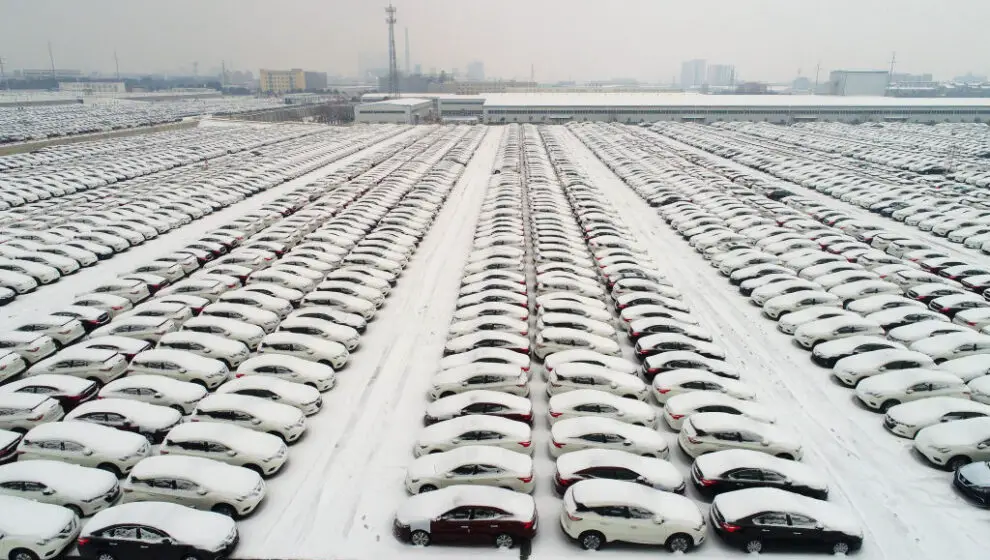Chinese government policies and subsidies have created a graveyard of unwanted electric vehicles (EVs)—rotting in massive parking lots nationwide.
Key Details
- Since 2019, dozens of massive EV graveyards have been amassing across multiple major metropolitan areas in mainland China, storing thousands of unwanted cars.
- These cars—built with valuable rare minerals and battery components—are now sitting in oceans of weeds and overgrown grass after years, Bloomberg reports.
- These cars were largely abandoned by defunct ride-share companies or disposed of by automakers struggling to sell older, out-of-date models with lower ranges and features.
- These wasteful graveyards were created, in part, by Chinese government subsidies, punitive laws against gas-powered cars, and companies taking advantage of the situation.
Why It’s Important
The Chinese government has tried very hard in the past two decades to reinvent itself as a world leader in climate change legislation and clean technologies, even though it is one of the leading pollution-creating countries on the planet. In the late 2000s, the government offered rebates of up to $8,400 for EVs and began penalizing individuals and companies for using gas-powered vehicles using the country’s social credit system.
The subsidizing of the EV industry turned China into one of the early leading innovators in the EV market, with hundreds of companies contributing to a buildup in EV infrastructure, ride-share services, and auto manufacturing. However, the industry has severely declined. The number of EV makers has decreased from roughly 500 to 100 since 2019. The country is still a leading producer of EVs, having built 6 million units in 2022.
“At the beginning of China’s EV market, delivery numbers were driven by car-sharing fleets. Only a few private customers chose to buy them,” JSC Automotive analyst Young Huang tells Bloomberg.
Early-produced EVs and companies have proven unstable and created the now infamous graveyards, largely filled with cars with as little as a 62-mile range, many of which local governments are having difficulty auctioning off or disposing of.

